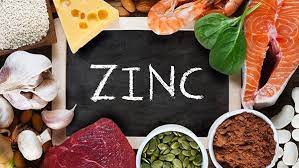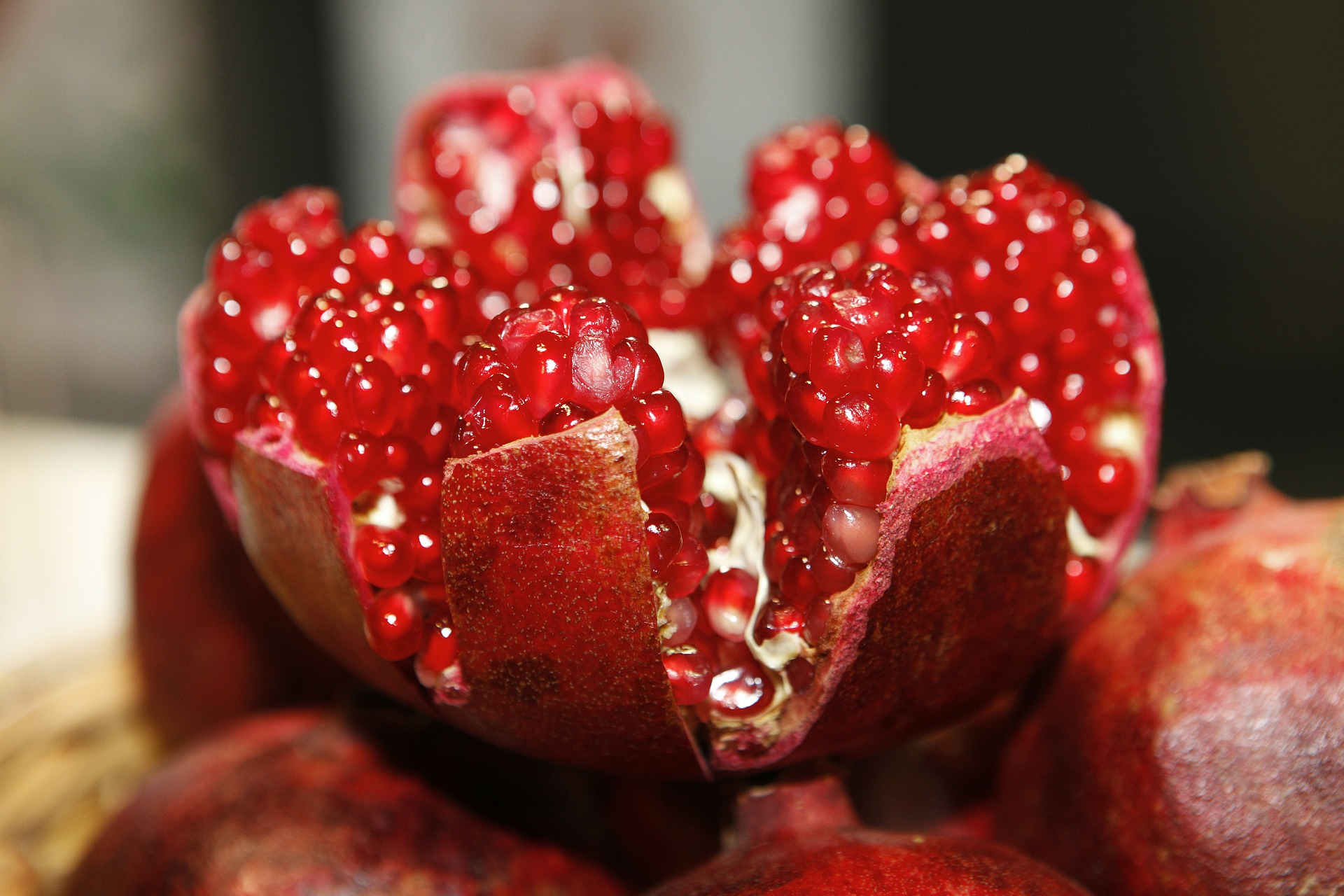Importance of Zinc in Daily Diet
Zinc is a nutrient and chemical element that supports growth in the period of childhood. Zinc supports a variety of functions in the human body. It also enhances the immune system, it allows the body to produce proteins and DNA, enhances wound healing, and also plays a role in childhood growth and development. Zinc has antioxidant properties. Zinc occurs naturally in many foods, like meat, beans and fish. Zinc is also available in the form of dietary supplement.
Benefits of Zinc:
Our body needs zinc for the immune system for proper functioning. Deficiency of zinc can increase the risk of infections, like pneumonia. The World Health Organization (WHO) recommends zinc supplements for infants who has diarrhea. There is evidence that it can decreases the bouts of diarrhea, especially in those who have a poor nutritious diet. People with long-term wounds or ulcer have low zinc levels in their body. Healthcare professionals may recommend zinc supplements for everyone. Zinc has antioxidant properties. As such, it helps in the reduction of oxidative stress. Scientists believe that oxidative stress and chronic diseases are interlinked, such as high blood pressure, diabetes, and some metabolic syndrome.
Zinc prevents the cells of retina from damaging, and it may help delay the progression of age-related macular degeneration and vision loss. Low level of zinc can delayed sexual development, some fertility problems, and other sexual health issues in males. It plays an important role in the formation of bones and health and also helps in the prevention of osteoporosis, according to research in 2020.
Intake Recommendations:
| Age | Males | Females |
| 0–6 months | 2mg | 2mg |
| 7–12 months | 3mg | 3mg |
| 1–3 years | 3mg | 3mg |
| 4–8 years | 5mg | 5mg |
| 9–13 years | 8mg | 8mg |
| 14–18 years | 11mg | 9mg |
| 19 years and over | 11mg | 8mg |
Sources:
Good sources of zinc include: Nuts, sea food, beans, fish, meat, whole-grain cereals, and dairy products and some fortified foods. People with vegetarian diet must need to consume additional zinc, because the zinc available in these foods is harder to absorb by the human body.
Deficiency: Improper and late growths in children, a loss of appetite, taste changing problem, More risk of infections, fertility problems and severe diarrhea etc.
Written by: Hira Maqsood Azeemi



